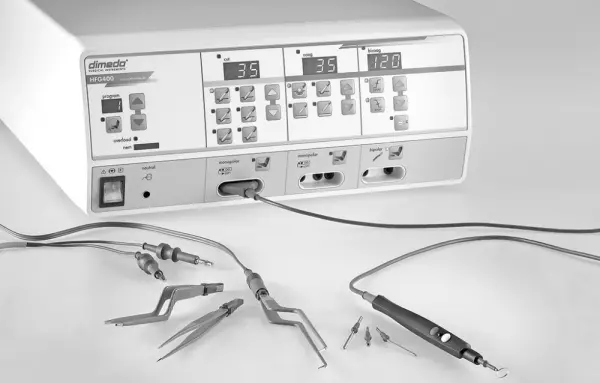
DIMEDA offers an extensive portfolio of new and innovative products in the field ofelectrosurgery. W...
Portal and digital medical technology fair of the largest MedTech cluster in Germany

DIMEDA offers an extensive portfolio of new and innovative products in the field ofelectrosurgery. W...
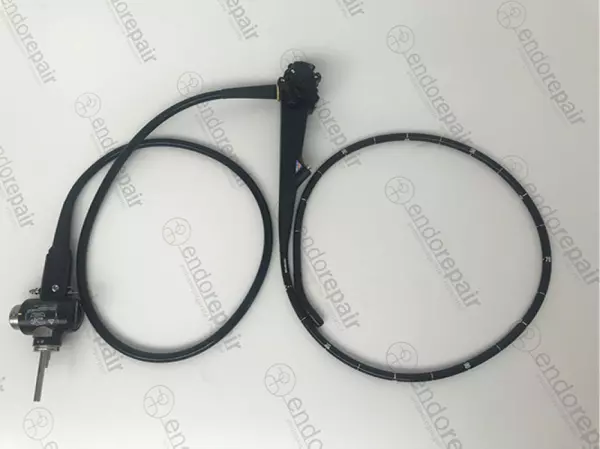
High quality, medical, flexible duodenoscopes...
Our product range of medical endoscopes - High quality, medical, flexible duodenoscopes for exp...
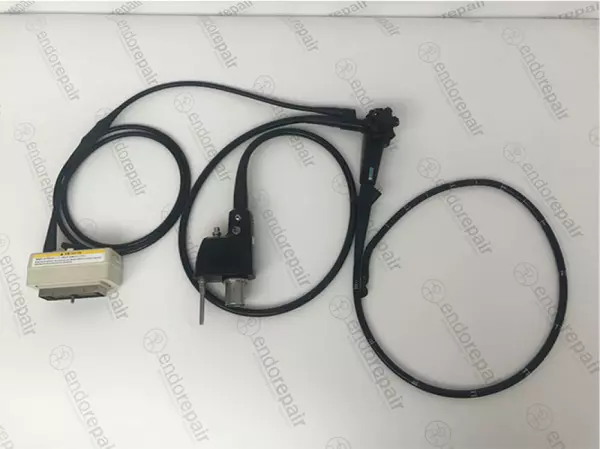
High quality, medical, flexible ultrasound...
Our product range of medical endoscopes - High quality, medical, flexible ultrasound endoscopes...
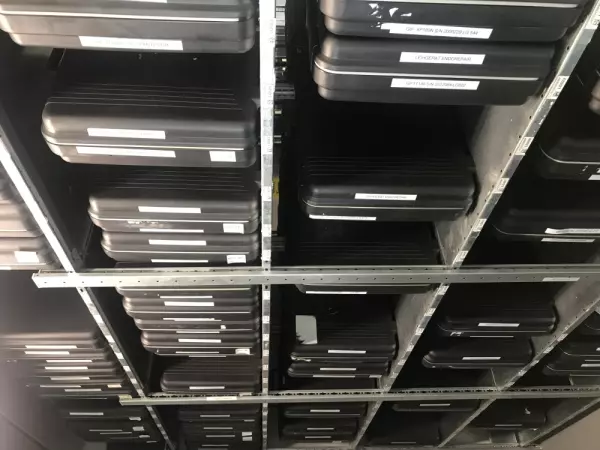
Bypassing repairs and rental equipment for...
At endorepair, we help you minimise your economic downtime. We achieve this on the one hand through...
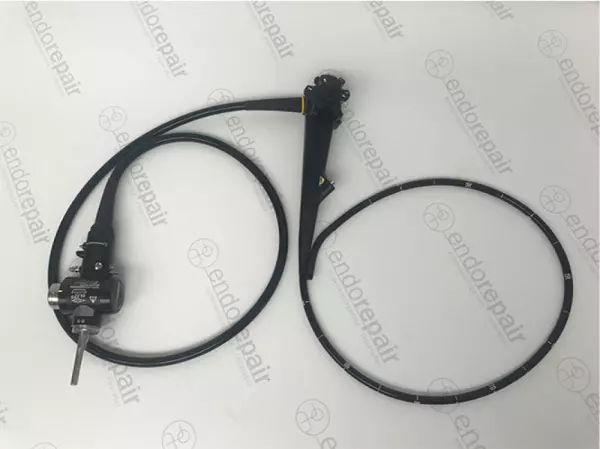
High quality, medical, flexible Gastroscopes...
Our product range of medical endoscopes - High quality, medical, flexible Gastroscopes for expe...
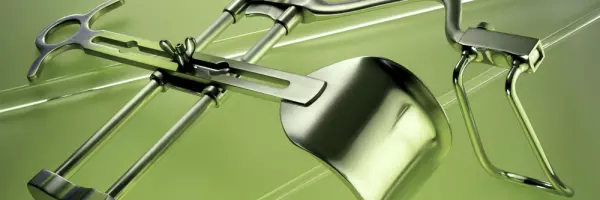
Retractors Varied range of retractors and abdominal wall holders in various designs for almost al...

Standard instruments and specialist instruments...
The product portfolio covers our complete range with approximately 20,000 different standard instrum...

Rib spreaders Our particularly fast-growing product range from standard rib stoppers to customize...
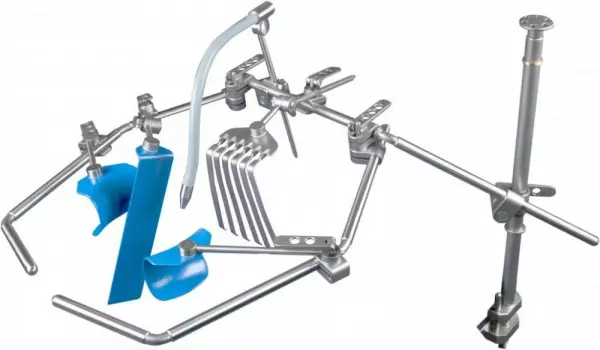
Universal surgical retractor systems
Sattler® Universal surgical retractor systems, more than just 1 system! The „...

Whatever you are looking for in this area, you will find an instrument: : Burford, Finocchietto, DeB...
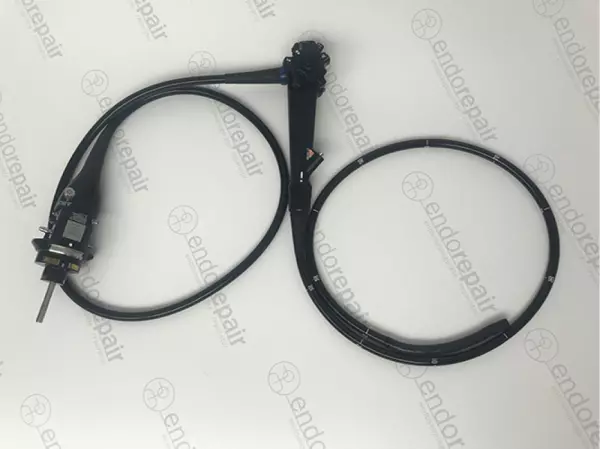
High quality, medical, flexible Coloscopes...
Our product range of medical endoscopes - High quality, medical, flexible Coloscopes for expert...
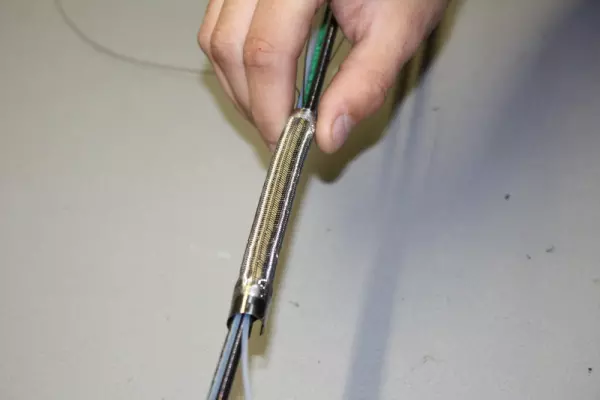
Repair service provider for your endoscopy...
endorepair – your partner for the repair of your endoscopy devices and ultrasound probes Ve...
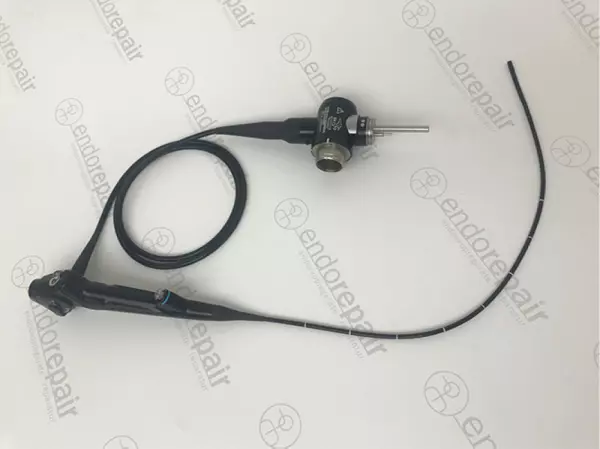
High quality, medical, flexible bronchoscope...
Our product range of medical endoscopes - High quality, medical, flexible bronchoscope for expe...

Gastroenterology includes the diagnosis, treatment and prevention of diseases of the gastrointestinal tract and its related organs, liver, gallbladder and pancreas. The focus of the professional fields is on endoscopy, hepatology and gastrointestinal oncology. Important gastrointestinal diseases are, for example, ulcer diseases (gastric ulcer and duodenal ulcer), gastrointestinal tumors (colon cancer), liver diseases such as cirrhosis and hepatitis, intestinal diseases such as celiac disease or inflammatory bowel diseases, Crohn's disease and ulcerative colitis. A large number of diseases include so-called functional diseases (functional dyspepsia, irritable bowel syndrome).
Gastroenterology is a branch of medicine that deals with disorders of the gastrointestinal system. The field involves the study of the normal function of the gastrointestinal organs, their absorption of nutrients and waste removal. The field also includes problems related to the liver and nutrition, such as IBS. It's a specialized field, and there are many board-certified practitioners. You can find a gastroenterologist in your area by seeking a referral from a family physician.
The surgical instruments used in gastroenterology are highly sophisticated. Endoscopic snares, for example, are a common piece of equipment. These tools are used to remove foreign bodies from the alimentary canal. They can also be used to perform polypectomy procedures. Other instruments that are commonly used in gastroenterology include the Sengstaken-Blackmore tube (used for hemorrhaging in patients with gastroesophageal varices), Savary-Gilliard dilator, APC unit (argon plasma coagulation), PEG tubes, and a Menghini needle for percutanous liver biopsy.
A colonoscope is one of the most important pieces of medical equipment used in gastroenterology. The device, which looks like a thin tube, is used to visualize the colon and examine it. It can be used in esophageal balloon dilatation, pyloric balloon dilatation, and ileocolonic balloon dilatation. Moreover, a heater probe is used to help in thermocoagulation of bleeding blood vessels.
A nasogastric tube is a sterile, noninvasive, and mains-powered device that is designed to facilitate the insertion of a percutaneous gastrostomy tube into the gastrointestinal tract. A peritoneal catheter is a sterile, partially-implanted, and implantable device that is intended to reduce duodenal nutrient absorption. Several other procedures are also used in the GI tract, such as gastrointestinal stenting.
Flexible endoscopy is a surgical procedure that involves the use of a slender tube. Its purpose is to measure the pressure inside the colon. It can also measure pH and electrical impedance. A stent-like device is a sterile, noninvasive tube that is placed in the duodenum to reduce the amount of waste and stool that is digested. In some cases, a stent is inserted into the small intestine for a wide-ranging medical condition.
The scope of gastroenterology is quite large. It covers all aspects of the digestive tract, including the absorption of nutrients, and the health of the liver and colon. It also includes diseases of the liver and the esophagus. Its practitioners also treat cancers of the intestines and the liver, and treat a variety of conditions affecting the GI system. Once these conditions are identified, they can be treated.
Training in endoscopy is a crucial part of a gastroenterologist's training. This procedure uses flexible, lighted tubes with built-in video cameras to visualize the inside of the gastrointestinal tract. Trainees learn the proper way to perform the procedure and how to administer sedating medications to ensure patient comfort. Advanced endoscopic procedures are also taught to trainee gastroenterologists. These doctors can remove stones without invasively removing them.
Become a digital exhibitor yourself in the online portal of the largest and best-known MedTech cluster region in Germany and inform the world of medical technology about your products and services as well as about news, events and career opportunities.
With an attractive online profile, we will help you to present yourself professionally on our portal as well as on Google and on social media.